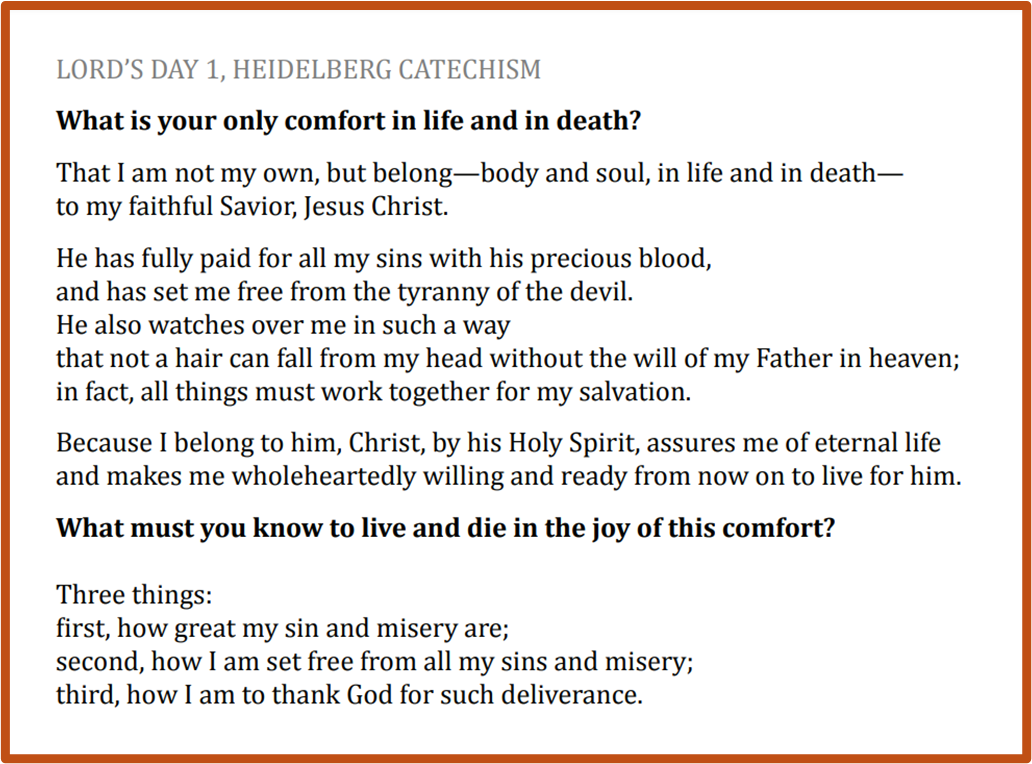Becky and I have just finished streaming the most recent season in one of our favorite British television dramas. The sixth and final episode of the season ends with unexpected sorrow and tragedy. It is devasting. And though we knew we were watching scripted actors who got on with their ordinary lives when that last scene was finally shot, our hearts were heavy and our emotions drained when the credits began to roll.
I won’t tell you the name of the series for fear of anything resembling a spoiler. But this is not the first time especially a British series has so played with our emotions. The ending to episode six was as unexpected as it was wrenching. It was effective because it brought to mind the reality of unexpected sorrow and tragedy in our own ordinary and unscripted lives. Unspeakable grief sometimes comes our way.
I have been thinking about sorrow and sadness recently. One friend has received a medical diagnosis that is not good. Another friend found a long anticipated and planned adventure suddenly and permanently canceled. Sad and tragic things unexpectedly attack our lives, demolish our plans.
In the case of the canceled plans, our friend has received many well-meant comments about one door closing and another door opening or about something better in the offing. God has been implicated by some as having graciously intervened to end the adventure before it began for his own kind purposes.
Like Job’s comforters, some of us seek to discover the cause of disaster as the consequence of our friends’ unseen sin or undetected iniquity.
In fact, not every dark cloud has a silver lining nor is every tragedy a consequence of willful disobedience, bad decisions, or destructive habits.
The Reformers often spoke of “sin and misery,” and the two are inextricably connected, but not in some mechanical sense. The misery – sadness, sorrow, pain, disappointment, loss – I experience in life – life in this vale of tears – is a consequence of sin. Not, however, always or even usually a direct consequence of my disregard of God’s ways and commands. Rather, misery is the human reality of life outside of Eden. Misery happens, we might say.
The heavy sadness we felt at the end of episode 6 touched us deeply because we have experienced it in our unscripted lives. No silver lining. No blame assigned. Just misery as a reality in all our lives.
The Heidelberg Catechism (see the header) reminds us not of a silver lining but of a Savior to whom we belong body and soul, in life and in death, and that he delivers us from misery to joy and comfort. May we know this joy and comfort even to the last scene of the final episode.

